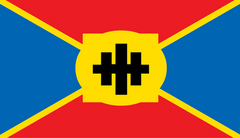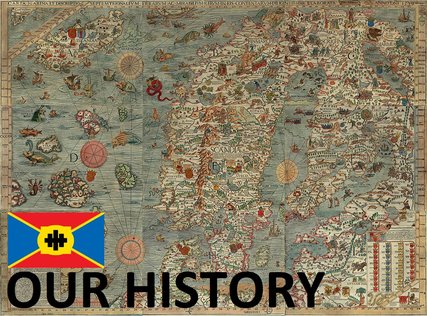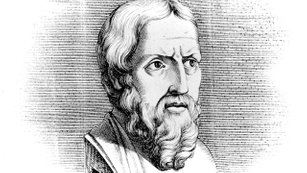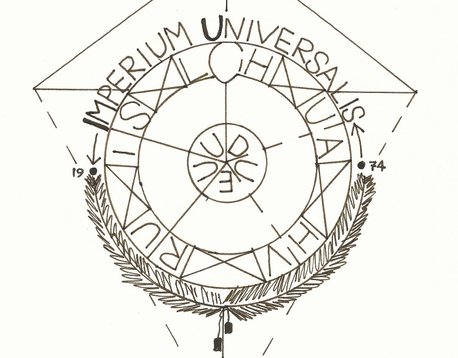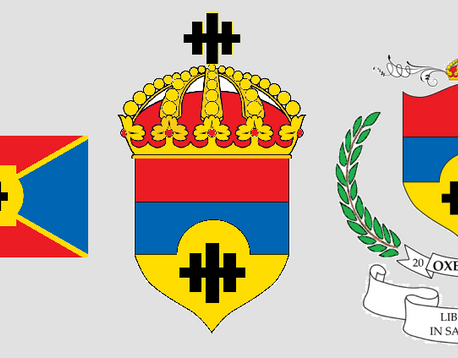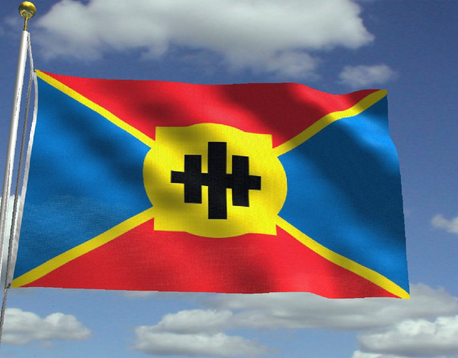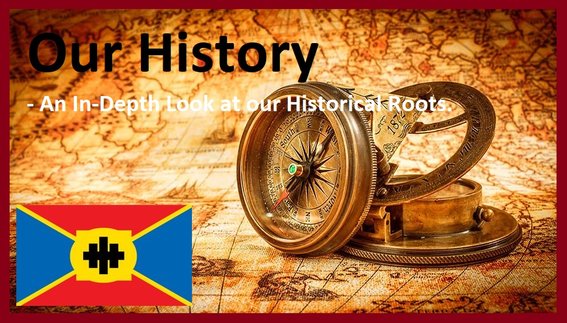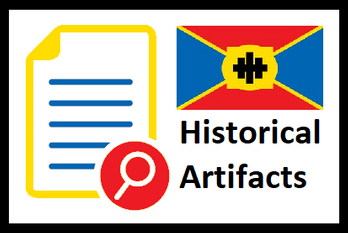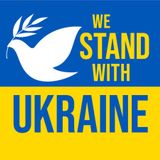OUR HISTORY
Our micronation's history is very much intertwined with the history of our neighboring countries. We share common ancestors, languages, cultures, traditions, and religions.
The same paradigm has influenced us shifts through the millennia, and we are proud to share that history even though Unixploria and our surrounding nations were not yet formed.
What is History?
History, which is derived from the Ancient Greek term "historía," meaning "inquiry" or "knowledge acquired by investigation," refers to the systematic study and documentation of the human past. The period before the invention of writing systems is known as prehistory, while "history" encompasses past events along with their memory, discovery, collection, organization, presentation, and interpretation. Historians use historical sources such as written documents, oral accounts, art and material artifacts, and ecological markers to acquire past knowledge. However, history remains incomplete and still contains some debatable mysteries.
History is an academic subject that aims to describe, analyze, and interpret past events. Historians use narratives to examine and question these events and explore their causes and effects. They often debate about which narrative is the most accurate and significant. Additionally, historians discuss the usefulness of studying history to provide a perspective on present-day issues.
Stories that are well known to a particular culture but lack external support, such as the tales surrounding King Arthur, are usually classified as cultural heritage or legends. On the other hand, history is different from myth in that it is supported by verifiable evidence. However, ancient cultural influences have given rise to variant interpretations of the nature of history, which have evolved over centuries and continue to change today. The modern study of history is vast, encompassing specific regions and certain topical or thematic elements of historical investigation. History is taught as a part of primary and secondary education, and the academic study of history is a significant discipline in universities.
Herodotus, a historian from fifth-century BC Greece, is often referred to as the "father of history" because he was one of the first historians in Western tradition. Along with his contemporary, Thucydides, he played an essential role in establishing the foundations of modern historical research. Even today, people continue to read their works. The difference in focus between Herodotus' cultural perspective and Thucydides' military perspective is still debated in modern historical writing. Meanwhile, in East Asia, the Spring and Autumn Annals state chronicle was highly regarded as early as 722 BC, but only texts from the second century BC have managed to survive up to this day.
Our Humble Beginnings
The initial thoughts about creating a micronation began in the 1980s. Our future King delineated a nation called Imperium Universalis.
A political party was formed, which got several votes in the macro-national municipal elections. The idea was to create a nation within a nation using democratic means to achieve it.
Forming a Nation
Our political interest became a stepping stone for us to engage in other matters dealing with forming our state.
We spent months pondering what our nation should be like; what cultural heritage we had that made us different from our surrounding maco nations.
Declaring Independence
After much debate, the king and his cabinet decided it was time to announce the birth of Unixploria formally.
The king signed a declaration of independence and founded a new kingdom. This momentous occasion took place on August 8th, 2006, A.D.
